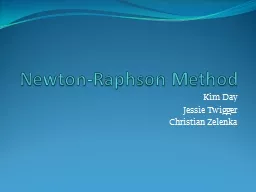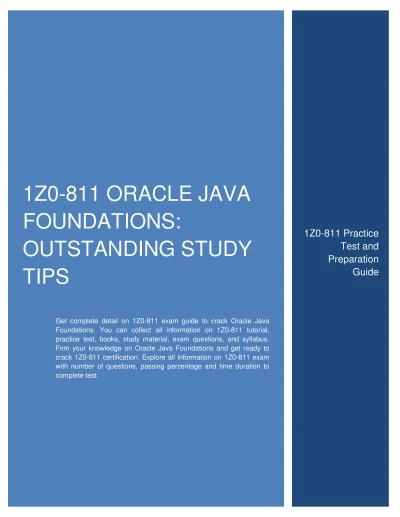PDF-[EBOOK]-The Foundations of Newton\'s Alchemy (Cambridge Paperback Library)
Author : DawnWilson | Published Date : 2022-09-29
Sir Isaac Newton left at his death a large collection of papers on alchemy mostly in his own handwriting the importance of this legacy has been debated ever since
Presentation Embed Code
Download Presentation
Download Presentation The PPT/PDF document "[EBOOK]-The Foundations of Newton\'s Alc..." is the property of its rightful owner. Permission is granted to download and print the materials on this website for personal, non-commercial use only, and to display it on your personal computer provided you do not modify the materials and that you retain all copyright notices contained in the materials. By downloading content from our website, you accept the terms of this agreement.
[EBOOK]-The Foundations of Newton\'s Alchemy (Cambridge Paperback Library): Transcript
Download Rules Of Document
"[EBOOK]-The Foundations of Newton\'s Alchemy (Cambridge Paperback Library)"The content belongs to its owner. You may download and print it for personal use, without modification, and keep all copyright notices. By downloading, you agree to these terms.
Related Documents

![PDF-[EBOOK]-The Foundations of Newton\'s Alchemy (Cambridge Paperback Library)](https://thumbs.docslides.com/956869/ebook-the-foundations-of-newton-s-alchemy-cambridge-paperback-library-l.jpg)











![[EBOOK]-Never at Rest: A Biography of Isaac Newton (Cambridge Paperback Library)](https://thumbs.docslides.com/957569/ebook-never-at-rest-a-biography-of-isaac-newton-cambridge-paperback-library.jpg)
